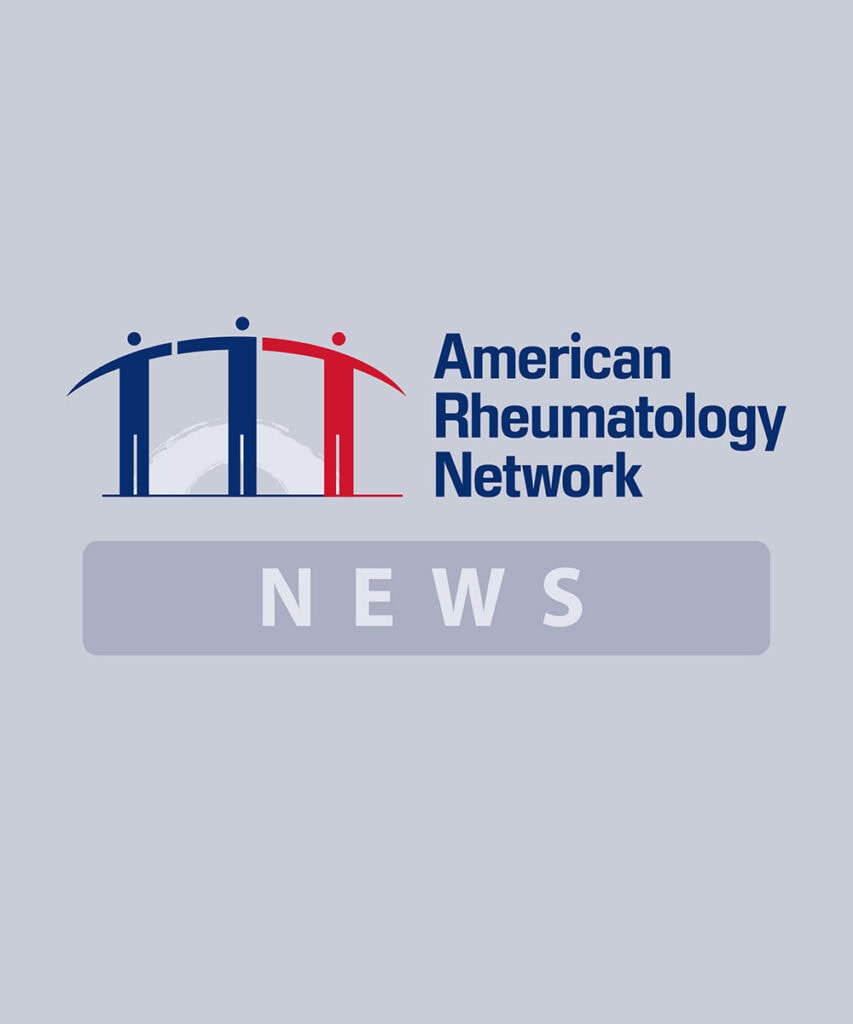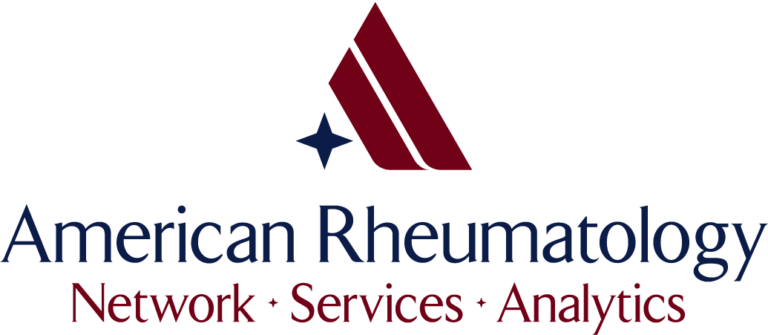By Colin C. Edgerton, M.D.
Biosimilar Adoption Falters
Rheumatologists hoped that biosimilars would reduce the costs of treating diseases such as rheumatoid arthritis (RA), and thereby increase access to these life altering medications for our patients. The recent Forbes article, “Biosimilars Continue to Exhibit Market Failure” confirms what we as rheumatologists are observing, that biosimilars have failed to adequately penetrate the marketplace, and biologic prices have stubbornly refused to decline (Cohen, 2019).
The article points to the effective maneuvers that originator biologic manufacturers have used to stymy competition from biosimilars, including patent litigation that extends monopolies and incentives offered to payers and pharmacy benefit managers (PBMs) to exclude biosimilars from formularies. As the article mentions, in 2017, “Nearly half the market blocked or step-edited biosimilars,” (Cohen, 2019).
Rheumatologists Take Control
What is a Rheumatologist to do? What can we do to improve access to biosimilars, bend the cost curve of treatment, and improve access for our patients? It may seem that we are relegated to the sidelines as originator biologics block biosimilars with patent litigation, rebates to payers and PBMs, and exclusionary contracts. But this is not the case.
One effective way for Rheumatologists to take control, and get a seat at the biosimilar table, is through value-based contracting. I am a founding member of Articularis Healthcare Group (AHG), the largest rheumatology practice in the country. Three years ago, AHG began developing a value-based RA treatment pathway, using the 2015 ACR treatment guidelines. The pathway goals were reducing the costs of treating RA while improving the quality of care and patient outcomes. Through collaboration with our largest commercial payer, we modeled the performance of the pathway and demonstrated significant savings. We went on to fully integrate the pathway into the EHR in the most user-friendly and “click-free” fashion with our partner, TSI-Nextgen.
After close work with the payer team, establishing relationships based on mutual understanding of costs and outcomes, we were able to negotiate biosimilars as first-line treatment for our RA population, when these drugs had previously been restricted from the payer formulary. Our physicians may now prescribe the infliximab biosimilars Inflectra and Renflexis, or the originator Remicade, as first line biologic therapy without the need for prior authorization. Indeed, the pathway program has eliminated prior authorization for any biologic agent. I believe that our commitment to savings, high quality care, and sophisticated information technology (IT) implementation has solidified our position as a reliable and mature partner with our payers. Our rheumatologists are now in the driver’s seat, eliminating middlemen from the drug selection equation and lowering the cost of healthcare.
Changing Habits
A reasonable question might be, “What about the bottom line?” Studies clearly show that Rheumatologists do not choose biologic agents based on cost of the drug or profit to the practice. Our experience has borne this out, and we have shared this data with our providers. We routinely hold meetings to review benchmarking spreadsheets for each provider. We review the real costs and utilization numbers related to prescribing patterns. One early surprise was finding that Rheumatologists do not realize that the leading subcutaneous biologics are significantly more expensive than their infusion equivalents, even when Centers for Medicare and Medicaid Services (CMS) offers a great public tool allowing drug-to-drug comparison (CMS, 2019). Sitting with trusted professional colleagues to review this data has proven to be an important step in changing habits. The data speaks for itself, adoption of biosimilars is a win-win for the practice, payers, and patient access. Using these methods, we have seen a significant shift to biosimilars in our practice.
Supporting Community Practices
One key to this success has been size. While community rheumatology practices are the ideal setting for innovative programs like this, Rheumatologists are constrained by relatively small practice sizes. Many practice management teams are not able to take on projects like this. For this reason, AHG has formed the Articularis Rheumatology Network (ARN). This network exists to help community rheumatology practices thrive. ARN offers a Group Purchasing Organization (GPO) with differentiated contracts that are not available through other GPOs, allowing members to purchase medications together at deep discounts. ARN also offers use of the pathway program (including the IT solution) at no cost. ARN is rheumatologist owned and led, existing solely to support community rheumatologists. ARN charges no fees and requires no minimum purchasing. We feel ARN is the future of community rheumatology, putting rheumatologists in the driver’s seat and helping independent community rheumatology practices thrive.
ARN will be holding a community rheumatology practice summit in Dallas, TX August 17, 2019. Contact ARN to inquire about attending at [email protected]
For more information on the ARN pathway program visit: https://americanrheum.com
References
Cohen, J. (2019). Biosimilars continue to exhibit market failure. Retrieved from https://www.forbes.com/sites/joshuacohen/2019/07/11/biosimilars-continue-to-exhibit-market-failure/#1435b7e773ee
U.S. Centers for Medicare and Medicaid Services. (2019). Retrieved from https://www.cms.gov/Research-Statistics-Data-and-Systems/Statistics-Trends-and-Reports/Information-on-Prescription-Drugs/MedicarePartD.html


